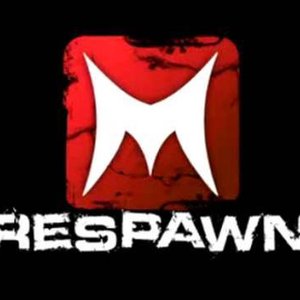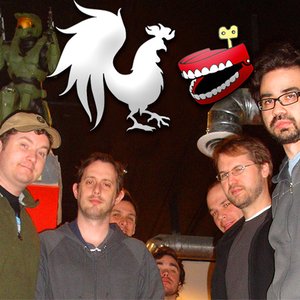Biography
Machinima (pronounced /məˈʃiːnɨmə/ or /məˈʃɪnɨmə/) is the use of real-time three-dimensional (3-D) graphics rendering engines to generate computer animation. The term also refers to works that incorporate this animation technique. Machinima-based artists, sometimes called machinimists or machinimators, are fan laborers and often use graphics engines from video games, a practice that arose from the animated software introductions of the 1980s demoscene, Disney Interactive Studios' 1992 video game Stunt Island, and 1990s recordings of gameplay in first-person shooter (FPS) video games, such as id Software's Doom and Quake. Originally, these recordings documented speedruns—attempts to complete a level as quickly as possible—and multiplayer matches. The addition of storylines to these films created "Quake movies". The more general term machinima, a misspelled portmanteau of machine cinema, arose when the concept spread beyond the Quake series to other games and software. After this generalization, machinima appeared in mainstream media, including television series and advertisements.
Machinima has advantages and disadvantages when compared to other styles of filmmaking. Its relative simplicity over traditional frame-based animation limits control and range of expression. Its real-time nature favors speed, cost saving, and flexibility over the higher quality of pre-rendered computer animation. Virtual acting is less expensive, dangerous, and physically restricted than live action. Machinima can be filmed by relying on in-game artificial intelligence (AI) or by controlling characters and cameras through digital puppetry. Scenes can be precisely scripted, and can be manipulated during post-production using video editing techniques. Editing, custom software, and creative cinematography may address technical limitations. Game companies have provided software for and have encouraged machinima, but the widespread use of digital assets from copyrighted games has resulted in complex, unresolved legal issues.
Machinima productions can remain close to their gaming roots and feature stunts or other portrayals of gameplay. Popular genres include dance videos, comedy, and drama. Alternatively, some filmmakers attempt to stretch the boundaries of the rendering engines or to mask the original 3-D context. The Academy of Machinima Arts & Sciences (AMAS), a non-profit organization dedicated to promoting machinima, recognizes exemplary productions through Mackie awards given at its annual Machinima Film Festival. Some general film festivals accept machinima, and game companies, such as Epic Games, Blizzard Entertainment and Jagex, have sponsored contests involving it.
Artist descriptions on Last.fm are editable by everyone. Feel free to contribute!
All user-contributed text on this page is available under the Creative Commons Attribution-ShareAlike License; additional terms may apply.












